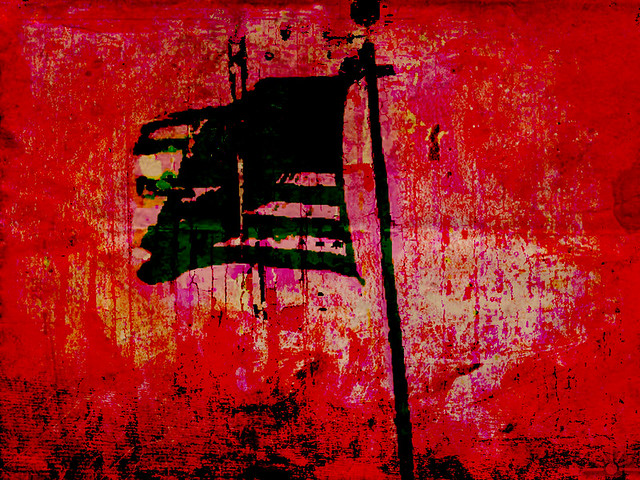Over the last several weeks, we've been on a journey of exploring the way our culture idolizes certain points of view, or human constructs. In this final teaching in the series, Leah returns to the Hebrew Bible to consider how King Josiah responded when he recognized that his culture had grieved the heart of God through its idolatry. This teaching led into a time of creative response in which each participant was invited to creatively express one of the idols that they have participated in.
If you missed this Sunday and would still like to participate in this exercise, consider printing and artistically interacting with any of these images below that you find provocative, or draw your own, and write a sentence or two about how you have directly participated in that idol. Following that exercise, be thinking and praying about how you might embody something different to turn from the idol in the future. If you are coming to the Haven Retreat, bring your "idol" with you and we will symbolically destroy them together.
Review Leah's notes here or listen to the teaching below.
Idol images: Androcentrism 1 and 2, Heteronormativity 1 and 2, Whiteness 1 and 2, Evangelicalism 1 and 2, Nationalism 1 and 2, and Capitalism 1 and 2.










